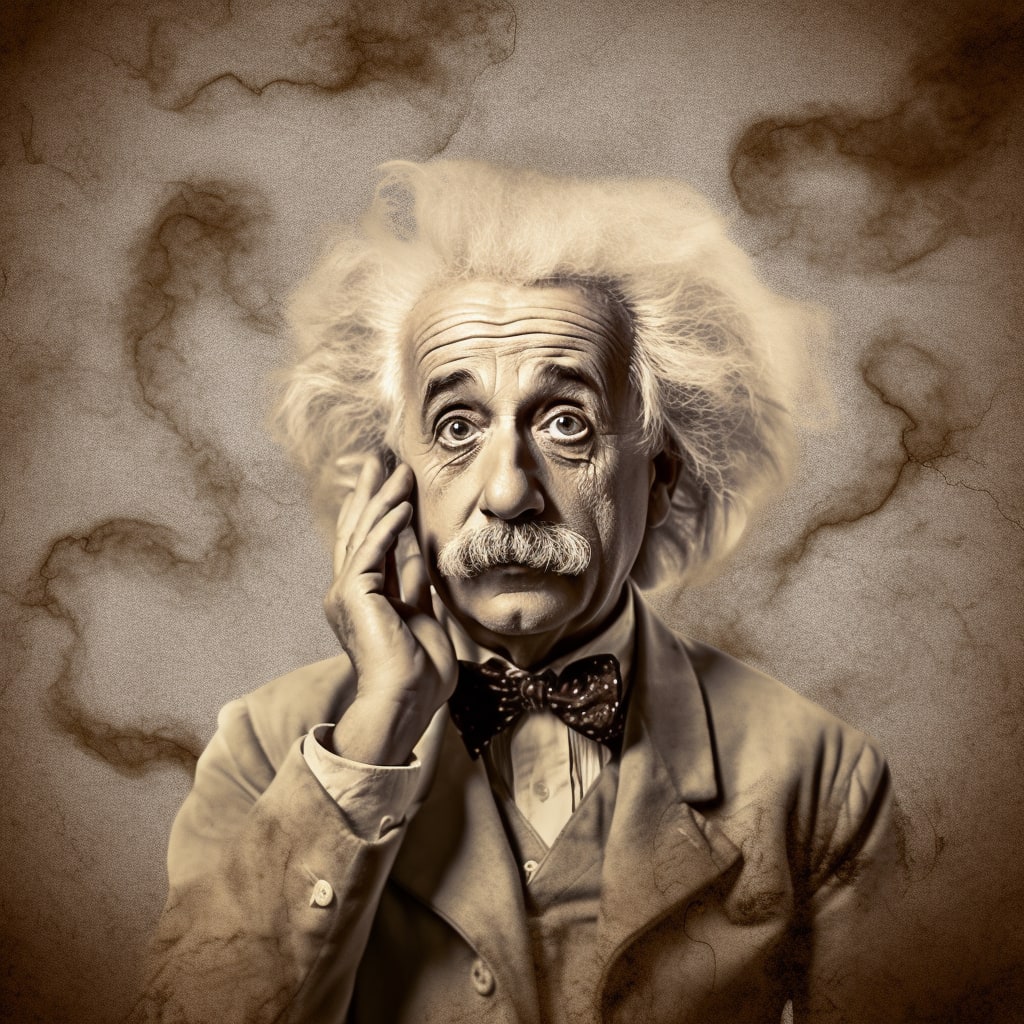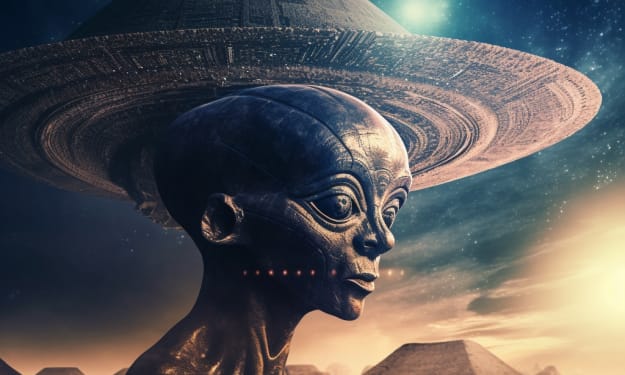Unraveling Einstein's Beliefs: Did He Embrace the Concept of God?
Exploring the Complex Views of Albert Einstein on Religion and the Divine

The belief system of Albert Einstein, one of the most renowned scientists of the modern era, has been a subject of ongoing debate and fascination. Known as the father of relativity and quantum mechanics, Einstein's intellectual prowess has become synonymous with genius. However, the question of whether Einstein was an atheist or held any religious beliefs remains a topic of discussion among scholars and the general public. To gain a deeper understanding of this matter, it is crucial to explore Einstein's background, his evolving views, and the influences that shaped his belief system.
Albert Einstein was born into a Jewish family in Germany in 1879. Growing up, he was immersed in Jewish traditions and regularly attended synagogue. However, alongside his religious upbringing, Einstein was exposed to secular and scientific ideas through his studies and extensive reading. From an early age, his fascination with science, particularly physics, ignited a passion that would shape his life and career.
In 1933, as anti-Semitism began to rise in Europe, Einstein made the decision to emigrate to the United States. This move not only allowed him to escape the oppressive climate of the time but also provided him with greater intellectual freedom to pursue his scientific endeavors.
Throughout his life, Einstein's inquisitive mind delved into philosophical and ethical questions, often expressing his opinions on a wide range of subjects, including religion. In his early years, his stance on religion appeared somewhat ambivalent. In a letter written to a friend in 1901, he described himself as neither an atheist nor a believer in God. Instead, he identified as a "deeply religious non-believer," suggesting a complex and nuanced perspective on spirituality.
As Einstein matured and his scientific achievements grew, his views on religion underwent a notable transformation. In the 1920s, he became more vocal about his opposition to traditional religious beliefs, expressing explicitly atheistic views. In a letter to a colleague in 1947, he famously remarked that the concept of God was merely a product of human weakness. He also stated that the Bible, while containing honorable stories, was built upon primitive legends.
However, despite his rejection of conventional religious notions, Einstein's expressions of awe and wonder at the natural world led some to interpret his views as possessing a spiritual quality. In a well-known essay written in 1930, he described his experience of the universe as a "cosmic religious feeling." He conveyed a profound sense of awe and reverence for the natural laws governing the cosmos, which stirred a sublime and mystical sensation within him.
It has been suggested that Einstein's views on religion may have been influenced by his cultural background and personal experiences as a Jew living in a time of growing anti-Semitism. These factors could have contributed to his inclination to question and reject traditional religious beliefs and institutions. Moreover, as a scientist dedicated to unraveling the mysteries of the natural world, he may have found it challenging to reconcile the supernatural claims of religion with his rational and empirical approach to knowledge.
In conclusion, definitively categorizing Albert Einstein as an atheist or a believer is a complex endeavor. While he openly rejected conventional notions of God and religion, he frequently expressed a profound sense of awe and wonder at the universe. His relentless pursuit of philosophical and ethical questions throughout his life reflects a deeply contemplative nature. Ultimately, what remains most significant about Einstein's legacy is not his personal beliefs but the groundbreaking scientific discoveries he made and the enduring impact he had on the field of physics. Einstein's work continues to inspire generations, encouraging the exploration of the natural world and the unraveling of its mysteries, regardless of individual beliefs or disbeliefs.
About the Creator
Enjoyed the story? Support the Creator.
Subscribe for free to receive all their stories in your feed. You could also pledge your support or give them a one-off tip, letting them know you appreciate their work.





Comments
There are no comments for this story
Be the first to respond and start the conversation.